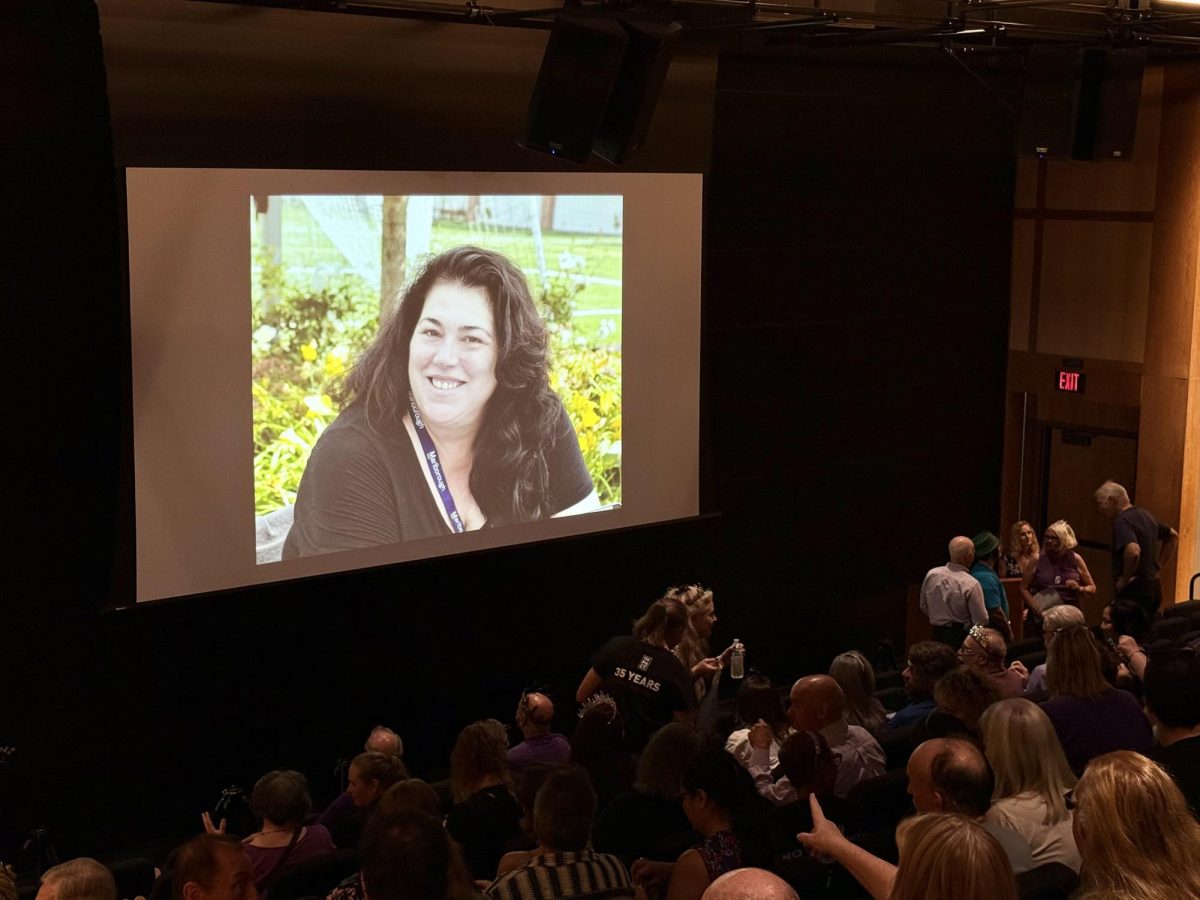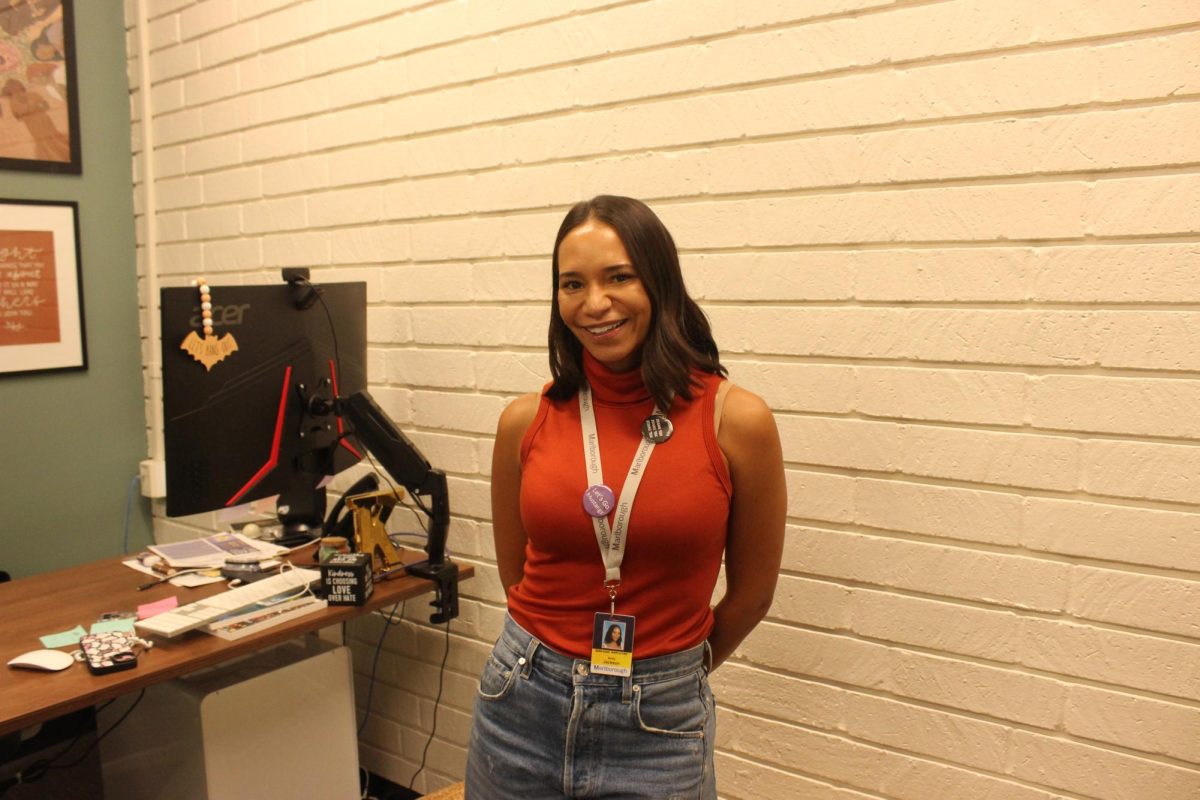Mustang Search, Marlborough’s newest ARC e-Resource, which launched at the beginning of February, combines all electronic reference databases, such as JSTOR and ProQuest, previously available to the school’s community and gives students and faculty the ability to search them all at once.
The search engine, technically called the “360 Search,” is a Federated Search Tool designed by ProQuest Serial Solutions, a company that “provides electronic and microform information products and services to academic, school, public, corporate, and government libraries around the world,” according to its website. The ProQuest Search widget allows the creator to choose which databases will be included in the search engine. It can also be further customized and embedded into Haiku LMS pages.
Librarian Nichole Gomez, who chose the databases for Marlborough’s widget, became familiar with the search engine while using the feature as a librarian at USC. She proposed Mustang Search to Head of Academic and Administrative Technology Stuart Posin as a way to make the ARC e-Resources more user-friendly.
Gomez said that adding this search engine is part of the ongoing effort to make sure the ARC’s resources are “meeting the community’s needs and wants.”
Before Mustang Search was instituted, students needed to type in a different username and password for each database. Now, however, they can avoid this hassle.
Gomez explained that Mustang Search caters to the average searcher and therefore should help increase the use of the online databases.
“As searchers, we go in expecting a simple search box, and this search engine has a more streamlined, more Google-like feel,” Gomez said.
Posin said that he approved of the idea because, “Anything we can do to make research easier and more accessible for students is an idea I like.”
History and social sciences instructor Tom Millar said that he sees potential for Mustang Search. However, he said he needs to familiarize himself and his students with the search engine before they start using it.
“A tenth grader using JSTOR would probably confuse them more than it would help them. They have to start at a basic level and move up,” Millar said.
Although at this point not many students said they have used Mustang Search, Alix ’11 said that she can see the usefulness of this new tool in reflecting back on her research paper in Honors History Seminar.
“With all the different websites, each had a different layout. It was too hard to manage,” Alix said. “Mustang Search would have been so helpful.”






